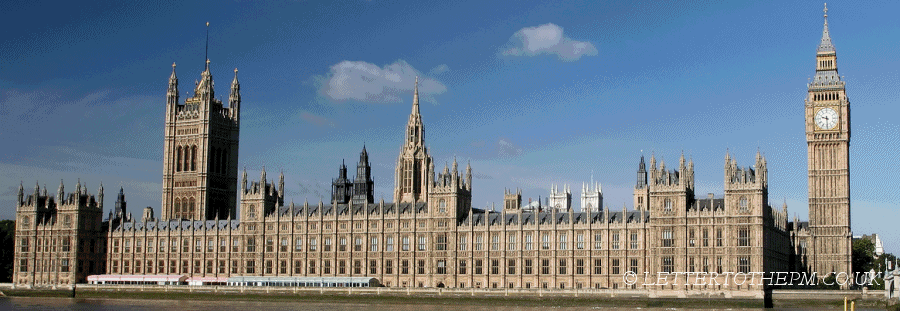
The Prime Minister
10 Downing Street
London
SW1A 2AA
100 Any Road
Typical Town
County
England
Dear Prime Minister>
Affordable Housing should houses be built where there is no work?
2. overburden local services
3. unduly increase traffic on the existing
roads
4. prevent other types of dwelling being
built
2. there is an assumption that it is
acceptable for people to travel to work and have to use their own motor
cars. In some villages travel to work for 10% can be over 50 miles a
day. Daily net out-commuting of 21,000 for Wiltshire (no suitable work)
whereas Swindon (was part of WCC) has an in-flow of 14,000
The letter was referred to the Department for Communities and Local Government. The letter is published below
![]()
Department for Communities and Local Government
Our Ref: P1/72/017448/14
20 June 2014
Dear Citizen,
Thank you for your letter of 31 May addressed to the Prime Minister about the Government's policies for planning. As I am sure you realise, the Prime Minister receives a large number of letters and emails and is unable to respond to them all personally. I have been asked to reply on his behalf.
The planning system carefully balances delivering the sustainable development that this country needs with conserving and enhancing our environment. The Government's objectives for planning are enabling sustainable growth, putting communities at the heart of planning, removing, unnecessary bureaucracy, and ensuring that the rules that do remain apply equally.
The National Planning Policy Framework,
published in March 2012, establishes a substantially more positive
approach to enabling sustainable development. It makes clear that
economic growth can secure higher social and environmental
standards. In contrast to the previous administration that imposed
undemocratic and arbitrary targets, the Government has made clear
that local councils, in conjunction with local communities, should
plan to meet their objectively assessed needs, not more.
But national policy is designed to be
interpreted and applied locally in response to local circumstances.
It must be taken into account in preparing and reviewing local plans
and is also a material consideration in determining individual
applications. Planning applications will be determined in line with
the Local Plan, which would include adopted Neighbourhood Plans,
unless material considerations indicate otherwise. Local Plans are
subject to consultation and robust independent examination in
public, and individual applications subject to consultation. The
Government has also introduced a range of incentives to ensure that
communities share in the benefits of development, from the New Homes
Bonus to the ability to retain newly-generated business rates
locally.
You may like to discuss planning issues with your local council, who will be able to advise you how to take any planning matters forward. I hope, however, that you will appreciate that Ministers are unable to comment on or intervene in individual cases.
Yours sincerely,
William Strong
The letter is quite clear. The paragraph marked in blue emphasises that Wiltshire Council (or any other council) needs to aim to meet their objectively assessed needs, not more.
Widespread house building needs to be fully justified.